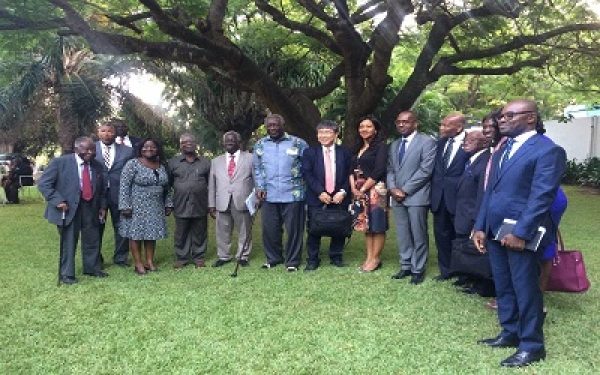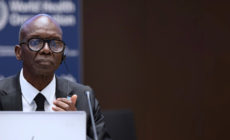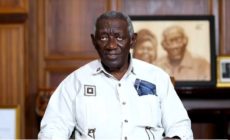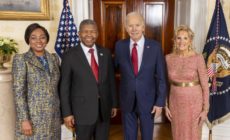According to him, Africa needs the leadership with that open mindedness and vision to work with the public sector of information, of global appreciation and dedication to help move leadership to improve the quality of life of the ordinary people.
The policy, he said, would inure to the transformation for all and sundry within the populace if formulated in such a way.
The former President cited names, such as, Prime Minister Mahathir Mohamad of Malaysia, Deng Xiaoping of China and Prime Minister Harry Lee Kuan Yew of Singapore, all from Asia, for their role in the transformation of their individual nations.
He was speaking at a forum organised by the Institute of Economic Affairs (IEA) on the theme: ‘Destiny or Policy? – Development Prospects for Ghana aimed at examining policies that determine a country’s development prospects’.
The discussion brought together high-level policy makers, international development partners, business leaders and key stakeholders from all sectors of the Ghanaian economy.
In his opening remarks, Dr Charles Mensa, Board Chairman of the IEA, lamented the slow growth of Ghana’s economy, noting that World Bank indicators show income per capita from has slowed1960 to 2016.
In 1961, South Korea’s income per capita was $91, he said. The same year, Ghana’s income per capita was $48 more than South Korea’s, but now, South Korea’s income per capita is over $30,000 and Ghana is accepting aid from foreign countries.
“Are we destined to fail as many people thought?” Dr Mensa lamented.
Dr Ha-Joon Chang, a renowned economist and Director of the Centre of Development Studies, University of Cambridge, who delivered the keynote speech at the forum, said policies, which promote economic development, were not always the supposedly ‘good’ policies of free-market and free trade but ‘bad’ policies of protectionism, subsidies and state-ownership, as shown by the development history of today’s rich countries – ranging from 18th century Britain to Japan, Korea and Taiwan in the late 20th century.
Geography, climate and culture, also known as “meta-factors,” are not to blame, rather, it’s the policies that make a difference, explained Dr Chang.
He also enumerated four critical components for developing countries being the “nurturing” of infant industries, investments in raising production capacities, encouraging policies that promote export and the exploitation of the agricultural sector.
In attendance were high-profiled personalities such as Yaw Osafo Marfo, Senior Minister of State, Sam Okudzeto, a Member of the Council of State, Reverend Professor Emmanuel Martey, former Moderator of the Presbyterian Church of Ghana, K.B. Asante, a former diplomat and Professor Akilakpa Sawyer, a former Vice Chancellor of the University of Ghana.











 (Selorm) |
(Selorm) |  (Nana Kwesi)
(Nana Kwesi)